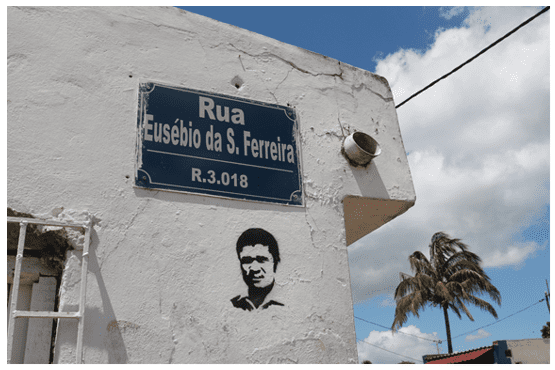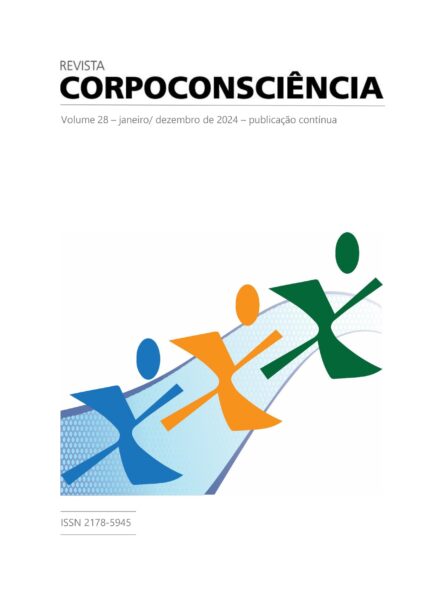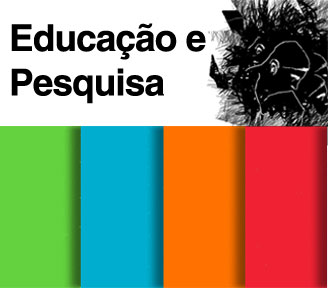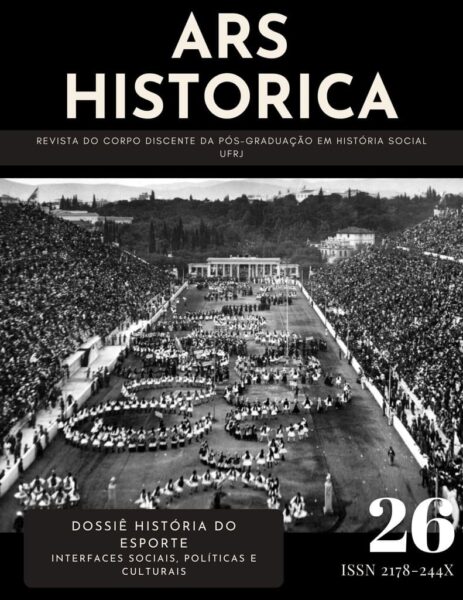O ensaio revisita a obra da Escola de Leicester, com destaque à figura proeminente de Eric Dunning, discípulo de Norbert Elias e sistematizador das ideias do sociólogo alemão na Inglaterra, líder no processo de constituição de uma sociologia dos esportes modernos naquele país. Nas mal traçadas linhas que a liberdade do gênero ensaístico enseja, sugerimos que a posição de Dunning na condição de aprendiz de Elias logo se nivela e converte-se em profícua parceria. Mais: de parceiro, aquele ascende à condição ele próprio de mestre, apto a formar novos estudiosos no meio e a organizar uma série de coletâneas em conjunto com seus discípulos. O amplo temário propiciado pelo enfoque dos estudos dos esportes restringe-se aqui a uma pauta específica para análise, qual seja, o assim chamado fenômeno do hooliganismo, para o qual Eric Dunning e sua equipe dedicaram boa parte dos esforços analíticos de interpretação, revendo pressupostos dos primeiros autores dedicados ao tema e realizando uma gama de pesquisas coletivas institucionais. Estas, por sua vez, ensejaram a criação de referenciais teóricos e empíricos ao longo dos anos 1970 a 2000, com repercussões internacionais entre pesquisadores voltados à compreensão não só dos hooligans
britânicos, mas dos ultras europeus, das barras latino-americanas e das torcidas organizadas brasileiras. Se a teoria e a empiria de Dunning não são imunes a críticas – como no limite nenhum paradigma científico o é – reiteram-se neste texto as contribuições sociológicas, antropológicas e historiográficas aportadas por este admirável intelectual inglês.
PALAVRAS-CHAVE: Estádios; Hooliganismo; Violência; Grã-Bretanha.





